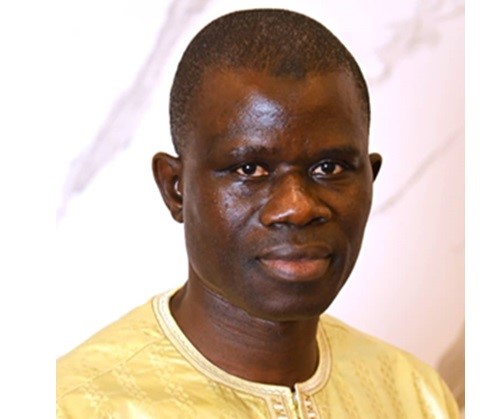By Assan Bah
At the recent Ministerial Town Hall Meeting dubbed ‘Mansa Kunda,’ Nani Juwara, Minister of Petroleum, Energy, and Mines, emphasised the urgent need for The Gambia to shift toward renewable energy sources to reduce energy costs nationwide.
“If we continue the same mode of production, as we have been doing since independence, the cost of energy will never go down in this country,” Minister Juwara stated, underscoring the importance of focusing on renewables.
He highlighted ongoing government efforts to diversify energy generation through renewables, noting the recent completion of the country’s first utility-scale 23-megawatt solar plant in Jambur.
“The Gambia, like all other countries, are transitioning. We all want to move from our dependence on fossil fuels to renewables, so that we can make energy cheaper for all,” he said.
Minister Juwara further revealed that the government has launched a 50-megawatt solar independent power (IP) tender, which is currently under evaluation. “We hope we should be able to sign the contract before the end of this year, and if signed before the end of this year, we will launch another tender for 100 megawatts located in the same area, which is going to be in Jarra Soma,” he confirmed, adding that land acquisition has been secured and compensation arrangements with landowners are underway.
He also pointed to the inauguration earlier this year of a 225-kilovolt transmission line, funded by the World Bank, the Energy Integration Technical Assistance (EIT), and the European Union. “This will enable NAWEC to discharge electricity to the Greater Banjul area with quality and also help to reduce losses, at the same time give them the opportunity to increase the renewable energy share of their energy mix,” Minister Juwara said.
Stressing the importance of a stable transmission network for renewable integration, he explained, “If we don’t have a stable transmission network, it is going to be impossible for you to use a lot of renewable energy, particularly solar, which is a very good energy. It varies. If there is no sun, for example, or there is a cloud cover, normally we experience significant drops.”
On clean cooking initiatives, the minister said the government plans to develop a gender-responsive clean cooking strategy led by the private sector, to increase national clean cooking access from the current 2% to 15% by 2030.
We have distributed over 200,000 efficient cooking stoves to all the regions as part of our climate mitigation and adaptation studies. This is complemented with the distribution and promotion of LPG and electricity for cooking by utilising energy-efficient electric cookers,” he said.


















